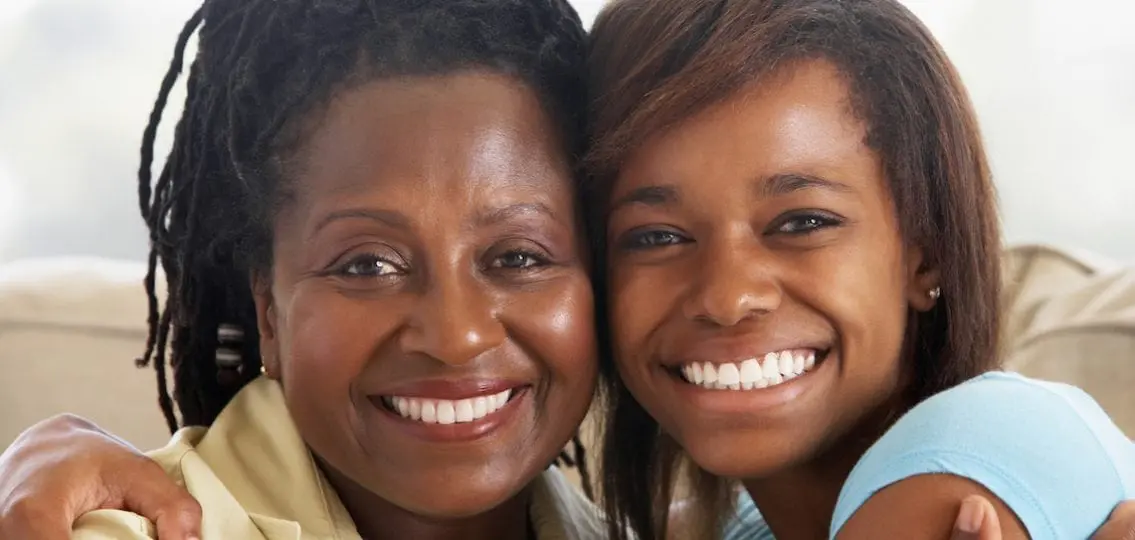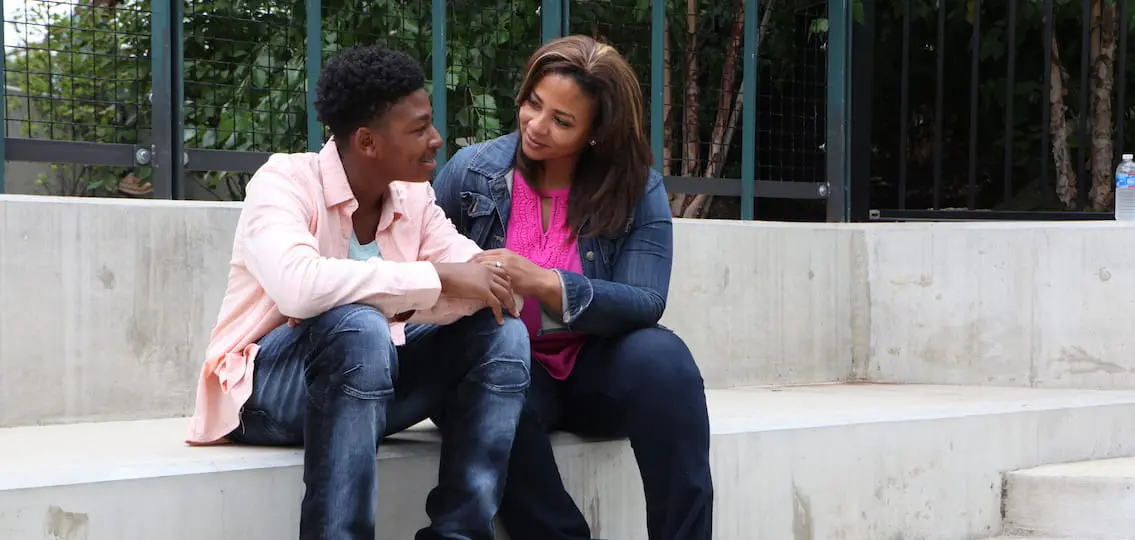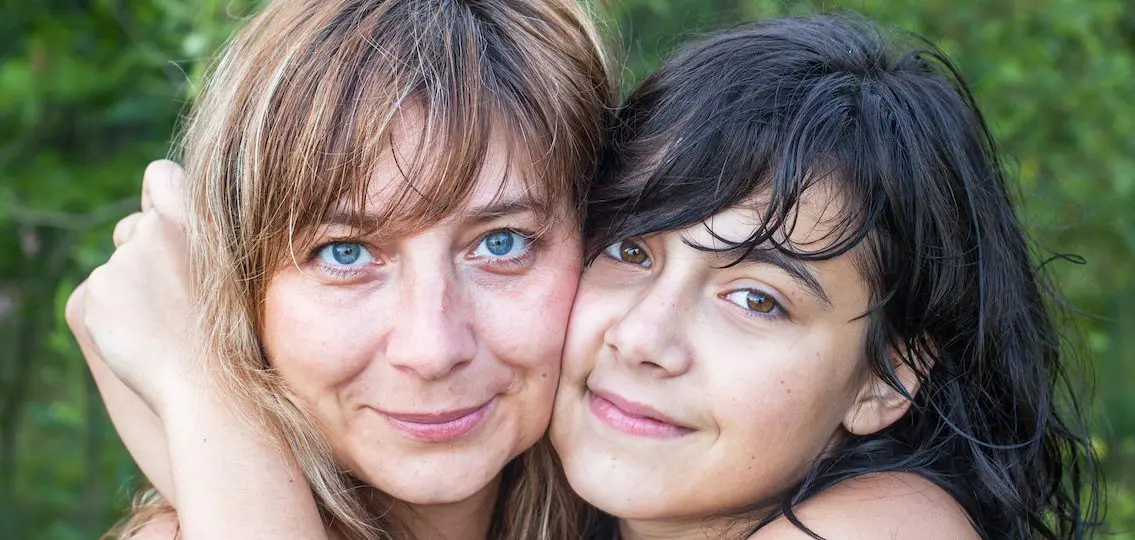My mother was not my friend.
Or, more accurately, she was not my friend until I was myself a mother. And then, wonderfully, she was my best friend. Still, she was of a generation that did not believe parents should be their children’s friends when they are young.

When I became a mother, I felt similarly. I was not the parent buying my teens beer or letting my home become the party house. But at the same time, I realized that because my mother was not my friend, I never confided in her when I was a teenager. So with my own children, I tried to straddle the divide between being the friend-mom and the mom-mom—the one you could tell anything to without fear of judgment and the one who would ground you and take your phone if you messed up.
As my four children have moved into and through the teen years, I have worked to find that middle ground and to get to know them as people. To find what special aspects of our relationship will make us uniquely, wonderfully friends, as well as mother and child.
I love them, but I also like them. And now is the time for us to find our friendships.
My kids could not be more different from one another. And so, with my oldest child—the one I had the rockiest adolescence with—our friendship is based on motherhood. She has three children and is quite possibly the most amazing mom I have ever witnessed, patient and always fully present. With her, I am Doctor Mom, the first phone call when one of the kids has a fever, rash, or strange bruise. We bond over the kids and how that circle of life continues.
The next in line is my math genius son. Unfortunately, I have problems remembering to carry the one when I multiply. He’s apolitical and self-contained; I am a political junkie and activist. We found our friendship in deep discussions about artificial intelligence and podcasts on apocalyptic predictions. We can talk science and quantum mechanics into the wee hours.
Next is the kid most like me. She’s 21 and wants to be a writer, so we bond over essays and humor and television shows like Broad City. She’s the one who confides in me the most. And vice versa. We’re both feminists and into conspiracy theories.
So now there is my 14-year-old. We need to find our friendship. What do we share—like any friends—that make us likeminded? He is a scary-movie fan and we watched The Exorcist together, so we have that. And he likes conspiracy theories too. We bond over our dogs—he is a total animal lover, my dog- and cat-whisperer. He will comb our long-haired Aussie for ticks in the summer, and patiently work with our rescue pit bull, teaching her good manners. We also both like music. We’re finding our way as friends.
When our children arrive into this world, they are dependent, precious little infants who mostly sleep and cry and need a diaper change.
But by the time our children are teens on the cusp of young adulthood, they have evolved.

If you’ve been a parent long enough to raise them to the teen years, you know that you can mold and shape and love and influence—but in the end, they become their own amazing, unique, occasionally utterly frustrating people. But full-fledged people they are. For me, finding the foundations of my new-adult friendships with them has been one of the most special experiences as a parent.




